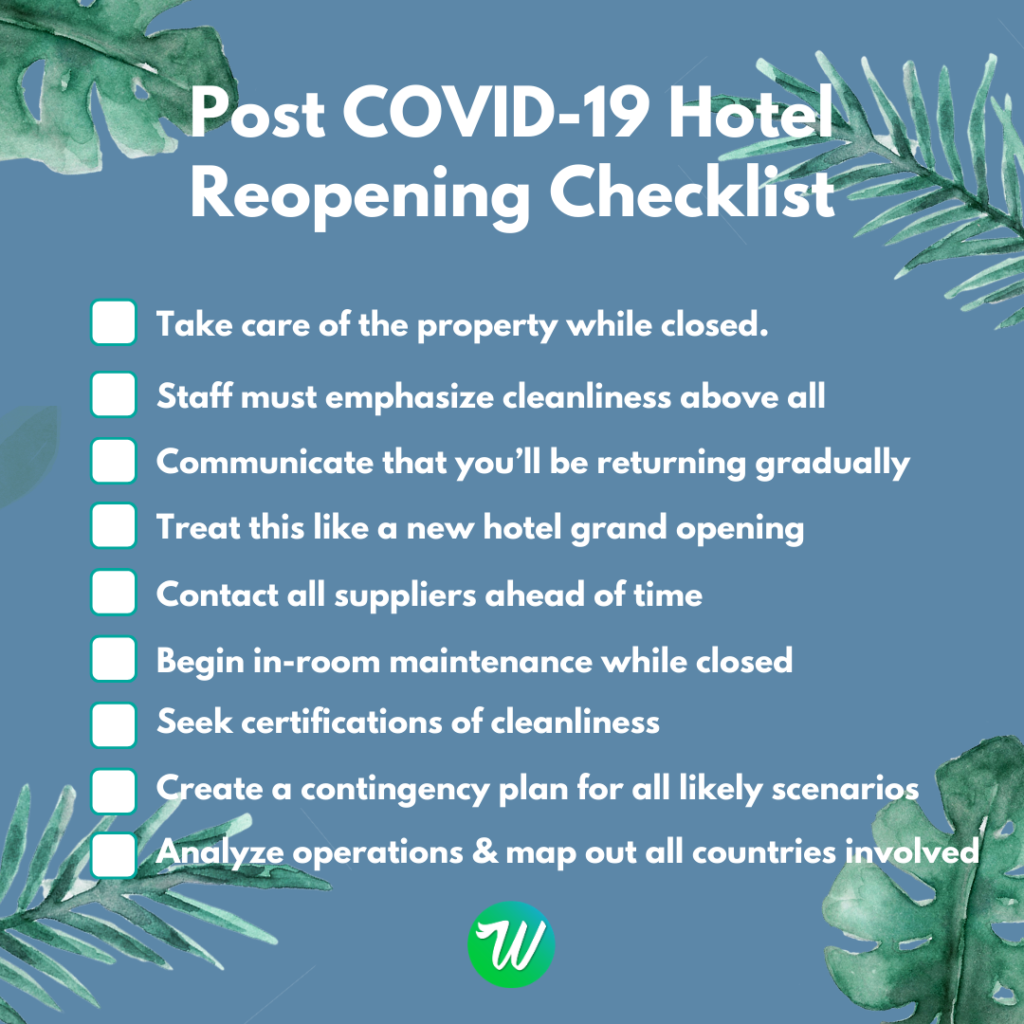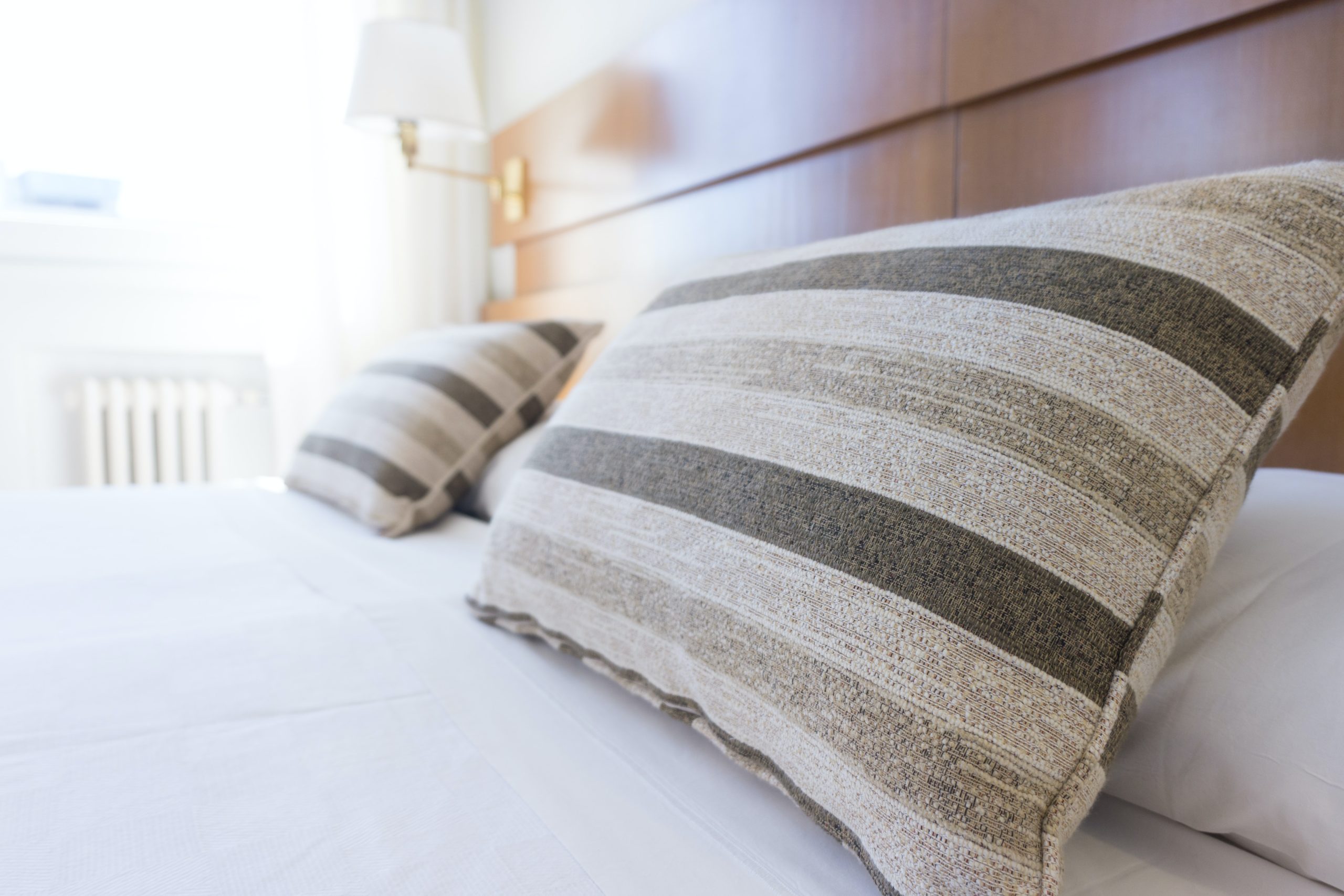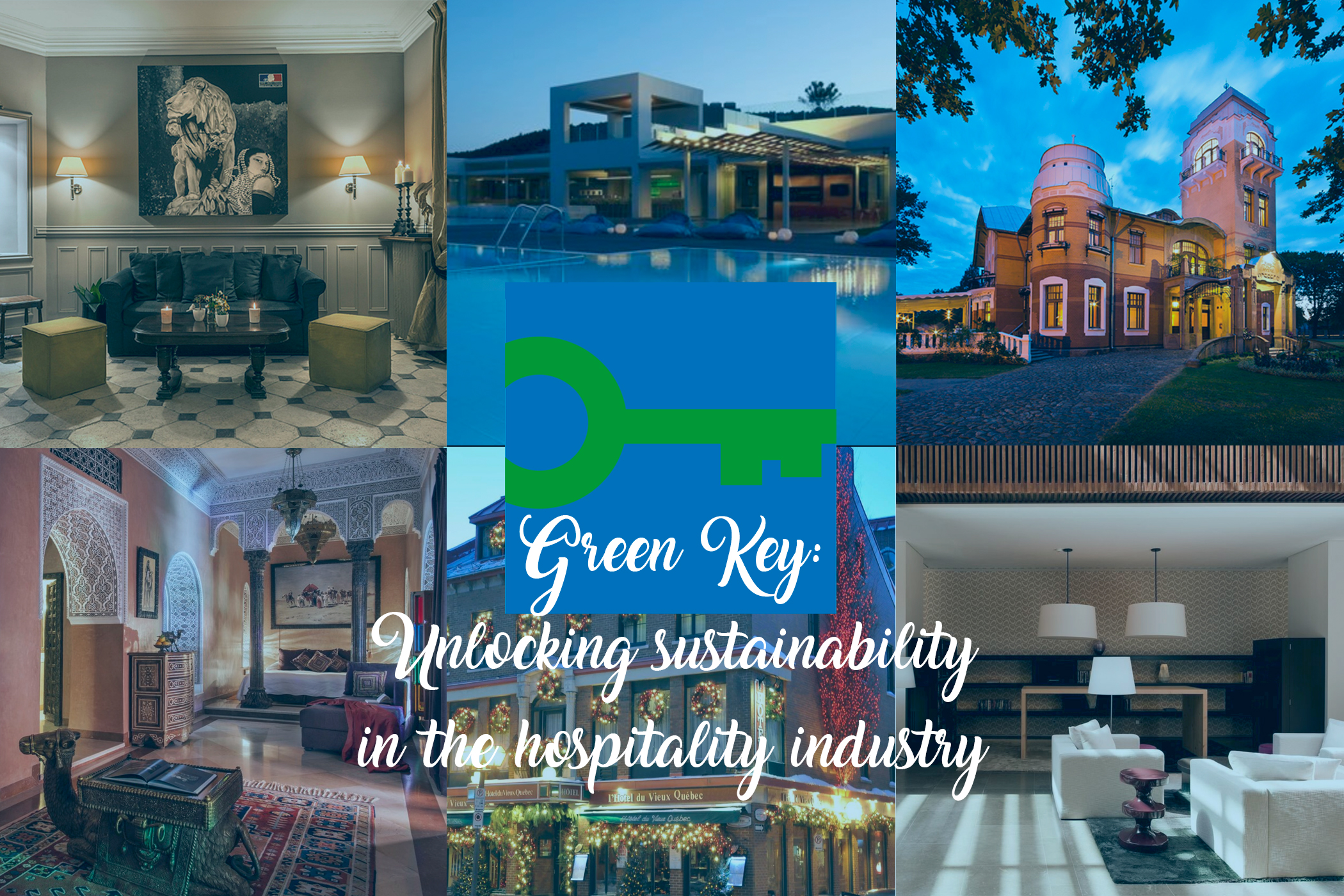Share This Article
COVID-19 has undoubtedly shaken the travel and hospitality industry to its core. So much so that many experts believe this pandemic will lead to new normals that look vastly different from the travel life we once knew. For hotels around the world that have felt the sting of this pandemic, it is crucial to begin planning for the new normal that will take hold once travel bans and quarantine orders are lifted. During our last webinar, Logan Cohen, Sustainability Specialist here at Wayaj, and Maribel Esparcia Pérez, the European Sustainable Hospitality Club Founding Partner at the University of Lleida Faculty of Law discussed ways to successfully return to business after the pandemic, and focus on health and sanitary practices that will achieve that goal sustainably. If you missed it, here are the key takeaways. For more, be sure to register for our upcoming webinar on Wednesday, May 20th to learn the importance of a holistic approach to hospitality to recover after this pandemic.
Begin Post-COVID Planning
As hoteliers, the forced pause is an opportunity to examine risk assessments from environmental and social perspectives. At this stage, it is important to consider the well-being of guests, the community you are operating in, the indoor environmental quality, and training programs to educate employees on the right protocols.
Due to the highly contagious nature of viruses, dining options must drastically change to ensure the safety of guests. Buffets should be closed and replaced with food served by waitstaff and less tables to create more distance between guests. Eco-friendly protection and cleaning products should be used as well by housekeeping staff. When it comes to employees, protocols should be in place to ensure that less employees are working per shift and that uniforms are changed and washed frequently. The overall goal is to make sure that there are enough health and safety plans and protocols in place that are communicated to guests to ensure that they trust your establishment and feel safe during their stay.
Preparing your Property to Slow The Spread of Future Viruses
Before opening, it is imperative that your property is prepared for a possible second wave of COVID-19 or any other future viruses. Since viruses spread through respiratory droplets, though surfaces or objects, from droplets suspended in the air, and contaminated food and water, things like the ventilation, air quality, dust, thermal health, and hand dryers should be regularly inspected. Common restrooms can also be a hotspot for viruses, so the way in which staff and guests dry their hands will play a major role in the spread of a virus. Although it isn’t the most sustainable option, paper is the most effective method when it comes to properly drying hands and removing bacteria. Luckily there are now a number of zero waste and eco-friendly tissue paper options to consider.
Best Practices for Housekeeping Staff and Guest Sanitation
According to a recent study housekeeping services can significantly reduce the spread of viruses by 90%, and guests by 70%. After just 1 hour of a person sick with the common cold touching a surface, there is a 60% chance of another guest or staff member picking up the virus from that surface. Even in 18 hours there is still a 33% chance of transference. As a result, not only is proper cleaning crucial to creating a healthy and safe hotel, but timing is also a factor. Since occupancy rates will likely be lower than usual for some time, it would be ideal to wait 24 hours or more between settling new guests in previously occupied rooms. Housekeeping is also strongly encouraged to replace towels, gloves, and cleaning products frequently as these objects can transfer viruses from one place to the next. Guests also play a major role in sanitation and reducing the spread of a virus. Having tissues and hand sanitizers stationed in rooms and high-traffic common areas like lobbies, dining room, lounging areas, and more will slow the spread.
Achieving Healthy Buildings The Sustainable Way
Technology can help greatly when creating a healthy, sustainable building. Installing automatic sinks reduces touch points and water consumption by 20-80%. Occupancy sensors that detect when guests are in rooms can help save energy consumption while guests are away and also reduce touch points. Television and air conditioning remote controls, as well as key cards however are extremely contaminated and should be disinfected regularly.
Post COVID-19 Hotel Reopening Checklist
Before reopening, it’s important to examine different business areas and take a number of factors into consideration. Travelers will likely prefer hotels with more personalized accommodations that show a dedication to sustainable hygienic practices.

With climate change patterns increasing, we can anticipate that COVID-19 will not be the last emergency to affect the travel industry. It is important for hotels to create clear guidelines to face these challenges with minimal disruption. Because this pandemic has devastated most of the world, travelers are more concerned than ever about the sanitary conditions and sustainability of the hotels they choose to book. The practices discussed during our first webinar will not only gain the trust of travelers but will also better prepare your property to reduce the spread of any disease in the event of a second COVID-19 wave or future virus. Following these sustainable practices can also improve your bottom line by reducing the amount of resources needed to operate. To gain more insight and tips on post-COVID 19 recovery, join us for our next webinar on the importance of a holistic approach to hospitality.





